
Finding the Cure for Dementia with ‘Super Agers’
America is leading the hunt for a cure for dementia, and a special group of elderly men and women seem to hold the key.

America is leading the hunt for a cure for dementia, and a special group of elderly men and women seem to hold the key.

Estrogen showed a protective effect in women carrying the ApoE4 gene. ApoE4 puts people at substantially increased risk for Alzheimer’s. Learn when and how estrogen may protect you.
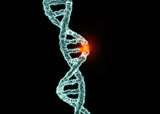
See Dr. David Samati explain the important connection between the TREM2 gene and Alzheimer’s disease. Read about its significance.
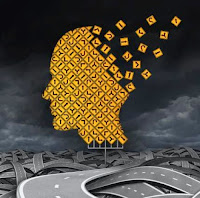
Epigenomics enables us to nurture what our genes do through the way we live. Find out how MIT researchers are mastering epigenomics to beat Alzheimer’s.
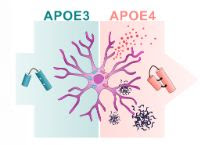
Genes PROGRESS NEWS: The most prevalent genetic risk factor of Alzheimer’s is apolipoprotein E4 (APOE4). How does this gene do its damage? A new study
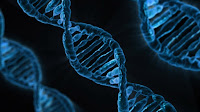
Until recently, APOE-e4 was thought to be the highest-risk Alzheimer’s gene. Then, a newly discovered immune-system gene began getting even more attention. Find out why

DNA: The PHS genetic test may one day diagnose Alzheimer’s before symptoms occur. Learn how looking at genes beyond ApoE4 holds big answers to tough
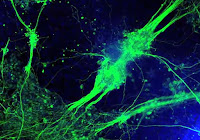
PROGRESS: ApoE4 is the best known “Alzheimer’s Gene”. Gladstone Institute scientists successfully changed the gene’s structure. This eliminated certain signs of Alzheimer’s, restored normal cell
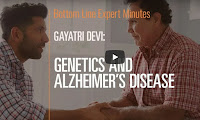
VIDEO: Dr. Gayatri Devi (Neurologist and author of The Spectrum of Hope: An Optimistic and New Approach to Alzheimer’s) explains the role of genetics in
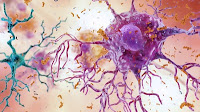
GENETIC RESEARCH: Researchers at MIT studying the APOE4 gene are looking at choline supplements and asking whether they can offer protection against Alzheimer’s, based on

Lewy Body dementia is the 2nd most common form of dementia. See
experts at America’s top medical center, The Mayo Clinic, improving the lives of people who struggle with it.

We make a living by what we get,But we make a life by what we give. (Winston Churchill)
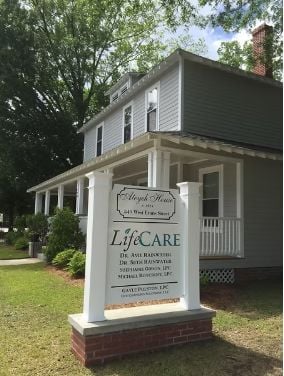
Clinical Psychology / Neuropsychology
LIFECARE PSYCHOLOGY GROUP, LLC

SHORT-TERM MEMORY lapses are obvious signs of Alzheimer’s, but other tell-tale signals begin to show much earlier. Learn how to look for semantic impairments, such as simple questions about size.

Three important dementia studies focus on HS-AGING, a type of dementia almost as common as Alzheimer’s in the 85+ group. Yet few people have heard of it. Why? What makes it different?

An intriguing study of 120 grandmothers might surprise you. Doctors know socially engaged people have better cognition and less dementia. But can a person get too much of a good thing? What’s the right balance?

Enjoy this great duet between a musician with dementia and his son. A triumph of spirit over Alzheimer’s! Sing-a-long if you like!
No spam, only news and updates.



This site was inspired by my Mom’s autoimmune dementia.
It is a place where we separate out the wheat from the chafe, the important articles & videos from each week’s river of news. Google gets a new post on Alzheimer’s or dementia every 7 minutes. That can overwhelm anyone looking for help. This site filters out, focuses on and offers only the best information. It has helped hundreds of thousands of people since it debuted in 2007. Thanks to our many subscribers for your supportive feedback.
The site is dedicated to all those preserving the dignity of the community of people living with dementia.
Peter Berger, Editor